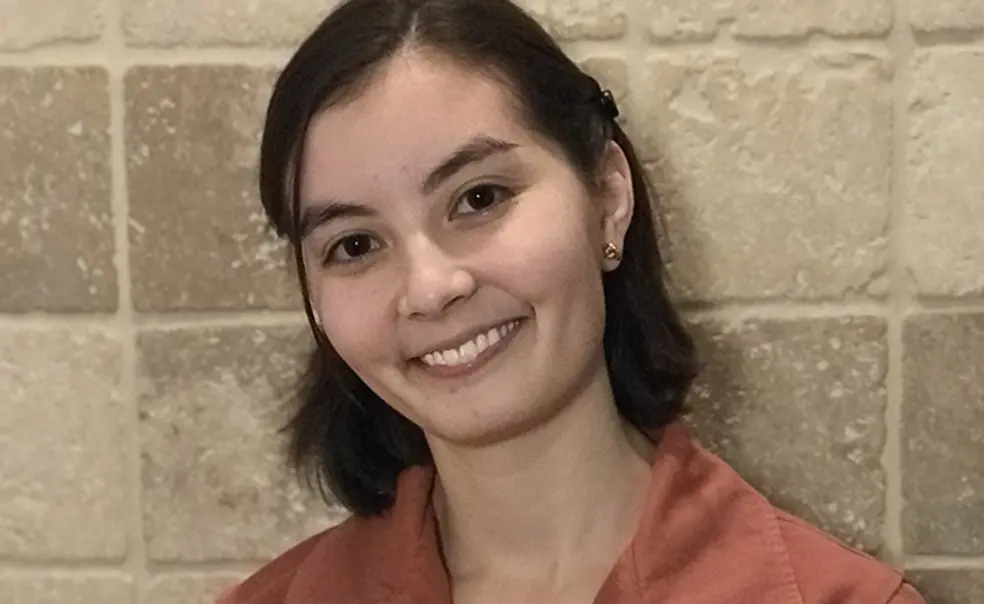Journalist Shannon Osaka ’17 Brings Perspective to Climate Change
‘I’ve always been pretty anti-‘doom and gloom,’’ says Osaka, an environmental journalist
When the 2021 U.N. Climate Change Conference — often referred to as COP26 — ended in Glasgow, Scotland, last month, many environmentalists expressed frustration and even despair. Much like the last major U.N. climate summit held in Paris in 2015, they concluded, the Glasgow conference had amounted to a lot of woefully hot air.
“Our hopes and dreams drown in their empty words and promises,” said Swedish environmental activist Greta Thunberg, who dismissed the conference as a bunch of “blah, blah, blah.”
But Shannon Osaka ’17 — an emerging, already award-winning environmental journalist who covered COP26 for the nonprofit news outlet Grist — is more sanguine. No, this COP (Conference of the Parties) did not produce a concrete plan for mitigating catastrophic global climate change, nor did it yield a mechanism for enforcing commitments. But she says these weaknesses are also, paradoxically, strengths.
“At this stage, the main point of the COPs is to raise ambition, not ensure that people follow through,” explains Osaka. “I think this COP demonstrated that the Paris Agreement is, in a limited sense, working.”
The flexibility (some would say “toothlessness”) of these nonbinding agreements liberates countries to set their sights on loftier decarbonization targets without fear of dire consequences if they fall short. It is in part for this reason, Osaka argued in a recent story, that countries made far more ambitious pledges this fall than ever before: If all countries make good on their recent commitments, Earth will warm roughly 1.8 degrees Celsius above preindustrial levels — far more livable than the 2.7 degrees that policy experts had projected before the conference.
“That’s a big win,” says Osaka, who nonetheless acknowledged that pledges are useless unless acted upon. “The only way to get people to actually follow through is through bilateral agreements and country-by-country policies. And those are just not things that are best done at a meeting of 195 countries.”
Osaka’s interest in climate change began at Princeton, where she entered a physics major but then designed her own concentration called “Environmental Science and Environmental Studies.” Upon graduating in 2017, she spent two years at Oxford on a Sachs Scholarship from Princeton, studying the sociocultural dimensions of climate change.
“Transitioning the economy to zero carbon energy is just a gigantic, huge, interesting problem, right?” says Osaka. “It touches pretty much all aspects of people’s lives. And so I wanted to study science, but also social sciences and economics and literature.”
Since February 2020, Osaka has been a reporter for Grist, applying rigorous analysis and a pragmatic, solutions-focused approach to reporting on a wide range of climate change stories, including France’s efforts to delegate climate policy to citizens, the burning of California’s carbon offsets, and the debate over “degrowing” the economy. Last February — after just a year of full-time reporting — she was named one of 12 reporters from around the world to win the SEAL Award for Environmental Journalism.
“I’ve always been pretty anti-‘doom and gloom,’” says Osaka. “There’s a lot of research out there that shows that people can only take so much bad news before they just totally start to disconnect. We have to feel there is a reasonable path forward. I report on solutions, and the political battles over those solutions, because that’s where the rubber meets the road.”












No responses yet